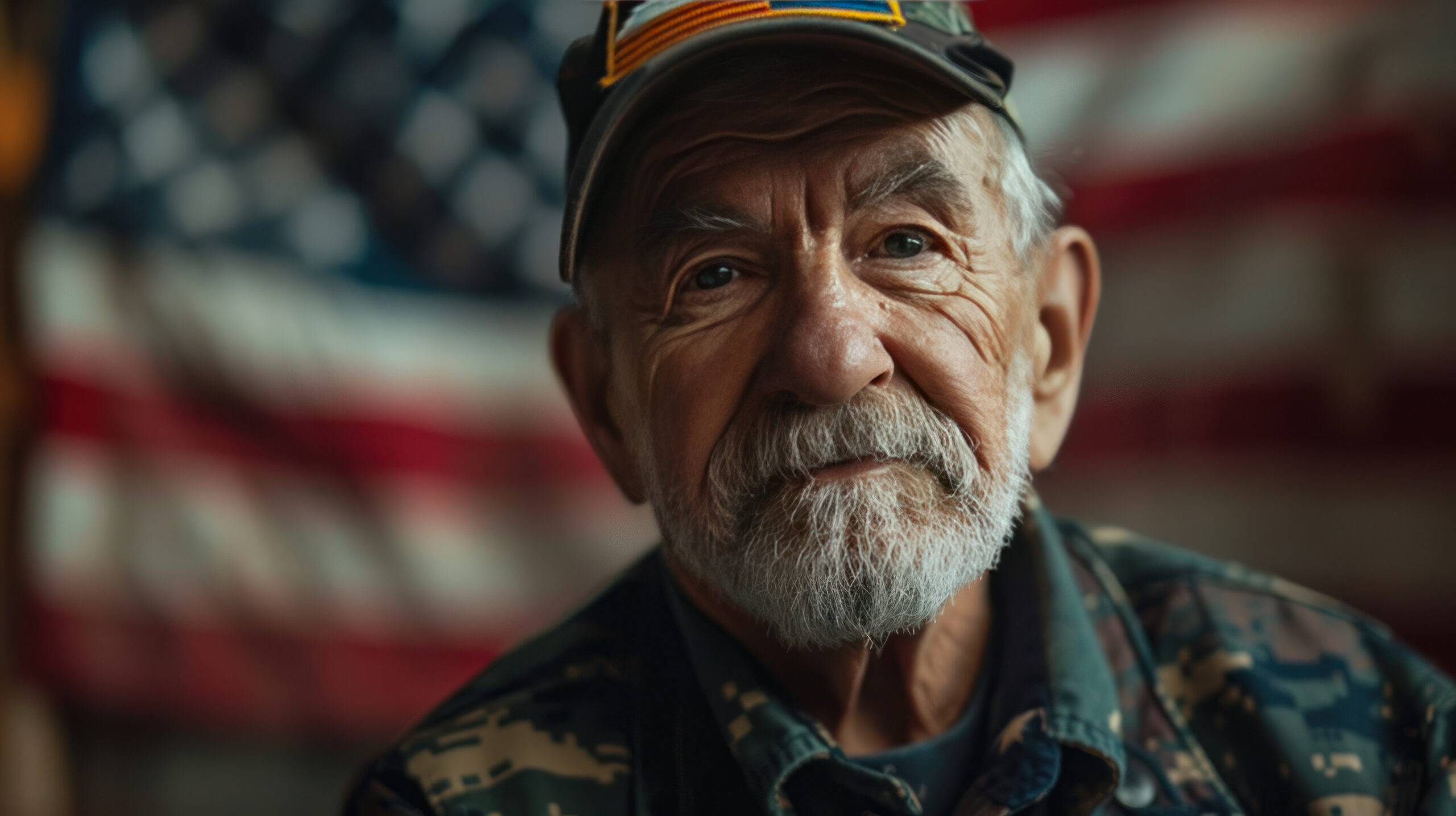”Question: Should Veterans be worried about aging?
Reading time: 6 Minutes
MWi Hack:
- Veterans live an average of 11 years less than the general U.S. population (67 vs 78.4 years), but adopting the nutrition and lifestyle habits found in Blue Zones—where people routinely live past 100—could help close this gap through disciplined meal planning that mirrors military logistics training.
MWi Summary:
- The Gap: Veterans die an average of 11 years earlier than the general U.S. population (67 vs 78.4 years), with higher rates of cardiovascular disease, diabetes, and mental health challenges.
- Blue Zone Lessons: People in regions like Okinawa and Sardinia routinely live past 100 by following plant-rich diets, regular physical activity, and consistent eating schedules that view food as both fuel and medicine.
- Nutrition as Performance: Just as military operations require optimal fuel, aging bodies need nutrient-dense foods to combat oxidative stress, support brain health, and prevent chronic disease—making nutrition a lifelong mission-critical task.
- Military-Grade Habits: Veterans can apply their logistics training to nutrition through meal prep, emergency healthy food supplies, and battle buddy accountability systems for sustainable dietary changes.
- Ripple Effect: When Veterans prioritize healthy aging through nutrition, they reduce strain on VA healthcare systems, serve as community role models, and remain active contributors to families and society for decades longer.
September marks Healthy Aging Month, a time to reflect on the choices that shape our longevity and quality of life. For military service members and Veterans, this conversation carries unique weight. The demands of military service—both physical and mental—create distinctive health challenges that extend far beyond active duty. Yet within these challenges lies an opportunity: to harness the discipline and commitment that define military culture toward building a foundation for healthy aging through proper nutrition.
The Military Longevity Challenge
The statistics paint a sobering picture. According to Department of Veterans Affairs data, the average life expectancy for Veterans is approximately 67 years, significantly lower than the general U.S. population average of 78 years. This gap becomes even more pronounced when examining specific service eras and combat exposure. Veterans face elevated rates of cardiovascular disease, diabetes, and mental health challenges—conditions that nutrition can significantly influence.
Military service members encounter unique health stressors: irregular eating patterns during deployments, high-stress environments that trigger inflammatory responses, exposure to environmental toxins, and often limited access to fresh, nutrient-dense foods in operational settings. These factors create a perfect storm for accelerated aging and chronic disease development.
Lessons from the Blue Zones
In stark contrast, researchers have identified “Blue Zones”—regions where people routinely live to 100 and beyond while maintaining remarkable health. These include Okinawa, Japan; Sardinia, Italy; Nicoya, Costa Rica; Ikaria, Greece; and Loma Linda, California. Despite geographic and cultural differences, these populations share common lifestyle patterns: plant-rich diets, regular physical activity, strong social connections, adequate sleep, and stress management practices.
The nutritional patterns in Blue Zones offer powerful insights. Residents consume diets rich in legumes, whole grains, vegetables, and healthy fats, with minimal processed foods. They practice natural calorie restriction and maintain consistent eating schedules. Perhaps most importantly, they view food as both fuel and medicine—a perspective that aligns perfectly with military values of optimization and mission readiness.
Nutrition as Performance Enhancement
Military culture understands that peak performance requires optimal fuel. Just as a high-performance vehicle demands premium gasoline, our bodies require nutrient-dense foods to function at their best. This principle doesn’t end with military service—it becomes even more critical as we age.
The science is clear: nutrition directly impacts cellular aging, cognitive function, immune response, and disease prevention. Antioxidant-rich foods combat oxidative stress from military service experiences. Omega-3 fatty acids support brain health, potentially mitigating PTSD and depression risks. Fiber-rich foods promote gut health, which increasingly research shows affects everything from mood to immune function to cardiovascular health.
Building Military-Grade Nutrition Habits
For service members and Veterans, developing sustainable nutrition habits requires adapting military planning principles to dietary choices. This means conducting reconnaissance on food options, developing standard operating procedures for meal planning, and maintaining accountability through battle buddy systems or Veteran community support.
Key strategies include meal preparation and planning—skills that translate directly from military logistics training. Batch cooking on weekends, maintaining emergency food supplies of healthy options, and establishing consistent eating schedules mirror military preparedness principles. Veterans often find success in applying the same disciplined approach that served them in military training to their nutritional choices.
The Ripple Effect of Healthy Aging
When military service members and Veterans prioritize nutrition for healthy aging, the impact extends beyond individual health. Healthy Veterans reduce strain on already-stretched VA healthcare systems. They serve as role models within military communities, demonstrating that the warrior ethos includes caring for one’s body as a lifelong mission. They remain active contributors to their families and communities for decades longer.
Taking Action This Healthy Aging Month
This September, military service members and Veterans can honor their service by committing to nutritional choices that support healthy aging. Start with small, sustainable changes: add one additional serving of vegetables daily, replace processed snacks with nuts or fruit, or establish regular meal times. Consider working with a registered dietitian familiar with military culture and challenges.
Remember that healthy aging isn’t about perfection—it’s about consistent choices that compound over time. The same dedication that builds military careers can build bodies capable of thriving for decades to come. Your future self, your family, and your community will thank you for making nutrition a priority in your mission for healthy aging.
Through our responsive content and dedicated support, MWi continues to serve the modern military and Veteran community by providing relevant, practical strategies for enhancing connection and wellness.






